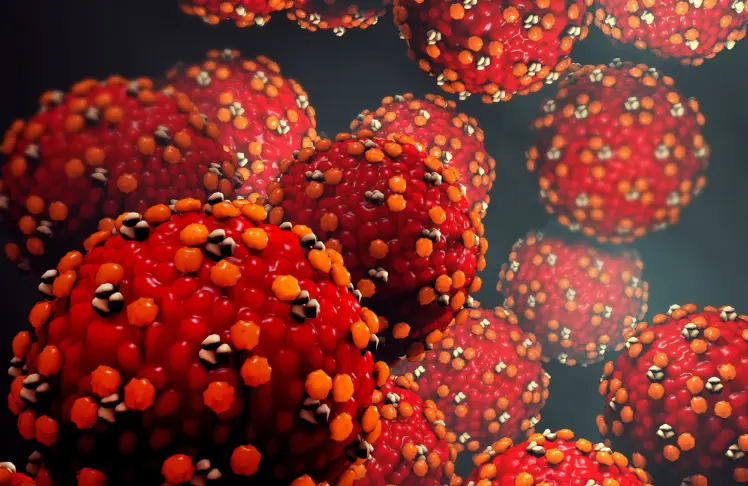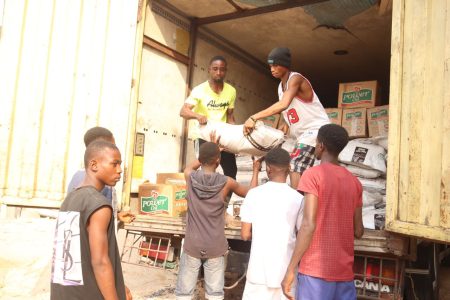
By Kiara Doyal, The Seattle Medium
Today, officials from the Seattle & King County Public Health Department informed the community of a confirmed measles case in a child with possible exposures at Franciscan Urgent Care in West Seattle. The child was not vaccinated, and the infection was likely associated with travel outside the United States (U.S.). However, anyone who was at the Franciscan Urgent Care on June 10 between the hours of 3:30 pm and 8:00 pm may have been exposed to measles.
A potentially severe disease, measles causes a fever, rash, cough, runny nose, and red watery eyes. If one person is infected, up to 9 out of 10 people nearby will then become infected if they are not protected. Mainly spreading through the air after a person with measles coughs or sneezes, measles symptoms begin 7 to 21 days after exposure.
Complications from measles can happen even in healthy people, but those at the highest risk include infants and children under the age of 5, adults over the age of 20, pregnant people, and people with weakened immune systems from medications or underlying disease.
“Measles is highly contagious, and if you don’t have immunity, you can get it just by being in a room where a person with measles has been,” says Dr. Eric Chow, Seattle & King County Communicable Disease Chief for Public Health. “We’ve seen an increase in measles cases around the world and in the U.S., so it’s an important time to check your vaccination status and get vaccinated if you aren’t protected. Talk to your doctor about vaccinations and other recommendations to prevent infection during your travel.”
Despite measles being highly contagious, the measles vaccine is very effective. According to the Centers for Disease Control and Prevention (CDC), two doses of the measles, mumps, and rubella (MMR) vaccine provides about 97% protection against getting infected by measles, and that protection lasts a lifetime.
Point of transmission of measles can occur before people may even know they have the disease, and before any rash appears. The infected child was at the clinic during a period when they were infectious, but prior to being medically diagnosed with measles. The time includes the period when the child was at the clinic, and two hours after. Because of this, the measles virus can remain in the air for up to two hours after someone infectious with measles leaves the vicinity.
Most people in our area have immunity to measles through vaccination, so the risk to the general public is low. However, anyone who was in the location of potential exposure to measles around the time listed should take responsible action by doing the following:
• Find out if you have been vaccinated for measles or have been infected previously.
• Make sure you are up to date with the recommended number of measles (MMR) vaccinations.
• Call a healthcare provider promptly if you develop an illness with a fever or with an unexplained rash. To avoid spreading measles to others, do not go to a clinic or hospital without calling first to tell them you want to be checked for measles after exposure, and it is important to limit contact with others, especially those without known immunity.
• Vaccination or medication can be given after exposure in some cases to prevent illness, check with your healthcare provider. This is especially important for people at high risk for measles complications.
If you are an individual who happened to be at the clinic during the infectious time and are not immune to measles, the most likely time you would become sick would be between June 17th through July 1st. For those who are immuno-compromised, it may take longer for you to experience symptoms.
Measles is preventable with the safe and highly effective MMR vaccine, and the best way to protect yourself, your family, and your community is to get vaccinated.
For more information about measles and the measles vaccination, including where to get vaccinated, visit www.kingcounty.gov/measles.


